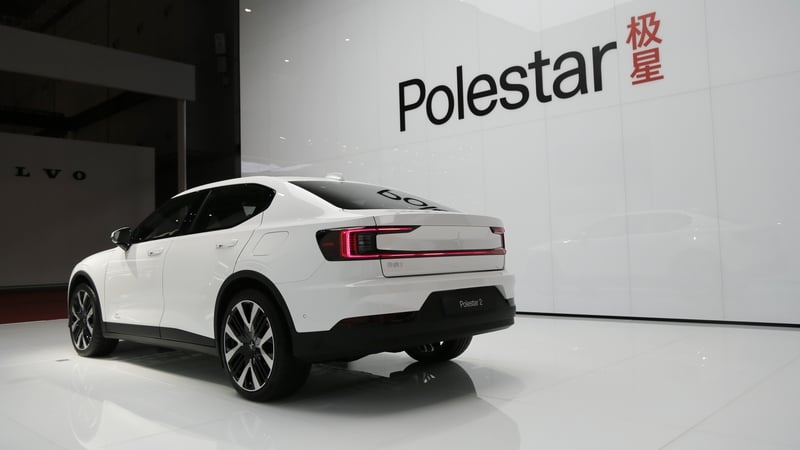Swedish electric-vehicle maker Polestar has reported a 31% reduction in its quarterly loss, in a sign that the company’s efforts to cut costs across its business and push sales of its higher-priced models were bearing fruit.
Polestar had been grappling with ballooning losses over the past several quarters amid a broad slowdown in EV demand, prompting the company to launch cost-cutting initiatives including job cuts, lowering manufacturing costs and tightening marketing spend.
The company, backed by China’s Geely Holding, would also benefit from the US-China deal on tariffs.
The world’s two biggest economies said today they would temporarily slash reciprocal tariffs that had triggered a damaging trade war and ripped through financial markets.
Polestar last month paused its 2025 forecast bracing for a hit from the previously announced tariffs amid its efforts to shift manufacturing to the US and Europe and reduce reliance on China.
Polestar’s net loss narrowed to $190m in the first quarter ended March 31, from $276m a year earlier. Its gross margin also improved to 6.8% in the quarter from a negative margin of 7.7% last year.
“We are selling more cars, at improved margins – the geopolitical environment and market conditions are challenging, but we are on the right track,” Polestar CEO Michael Lohscheller said in a statement.
Polestar said it also ended its joint venture with Geely’s Xingji Meizu in China following losses from the partnership. The companies joined forces in 2023 with goals to build an operating system for Polestar cars sold in China that would offer the latest smart technologies in the vehicles.
The company said its revenue jumped 84% to $608m in the January to March quarter, on the back of strong retail sales. Polestar sold around 12,304 vehicles in the quarter, compared with 6,975 vehicles a year ago.
The company filed its fourth-quarter financials on Friday after delaying it several times.




